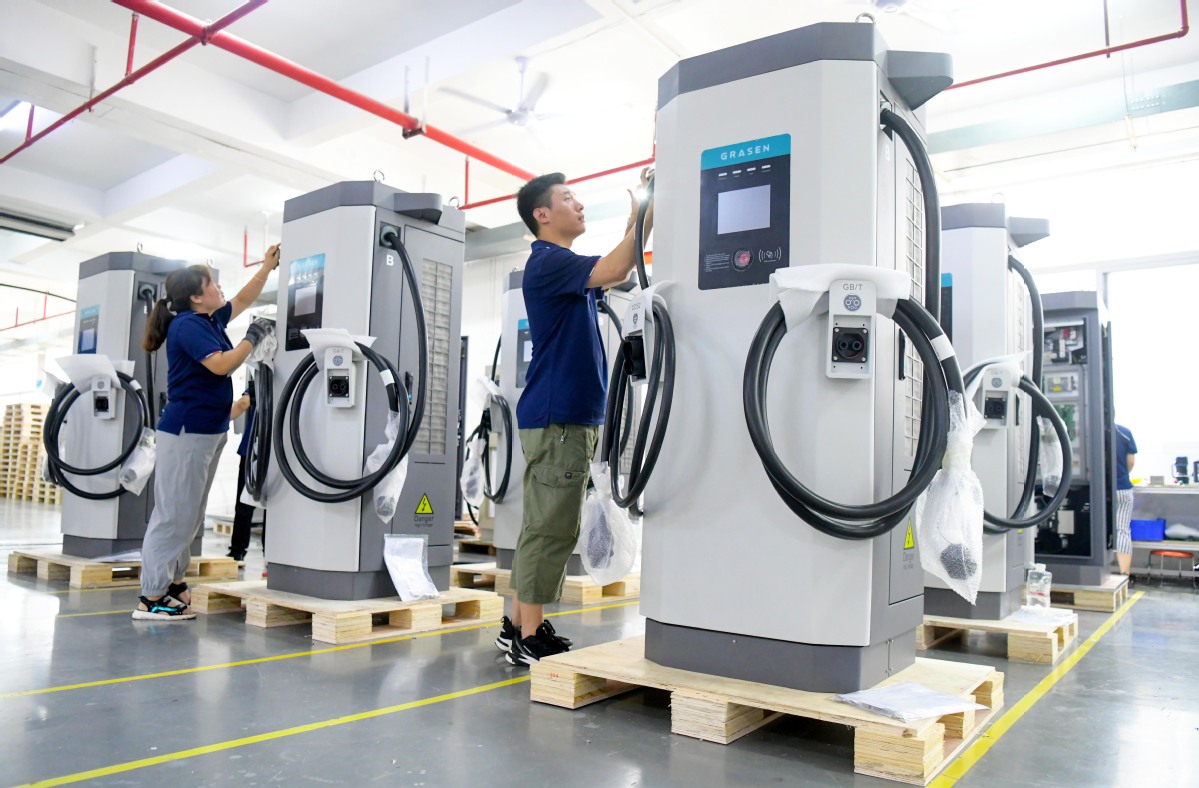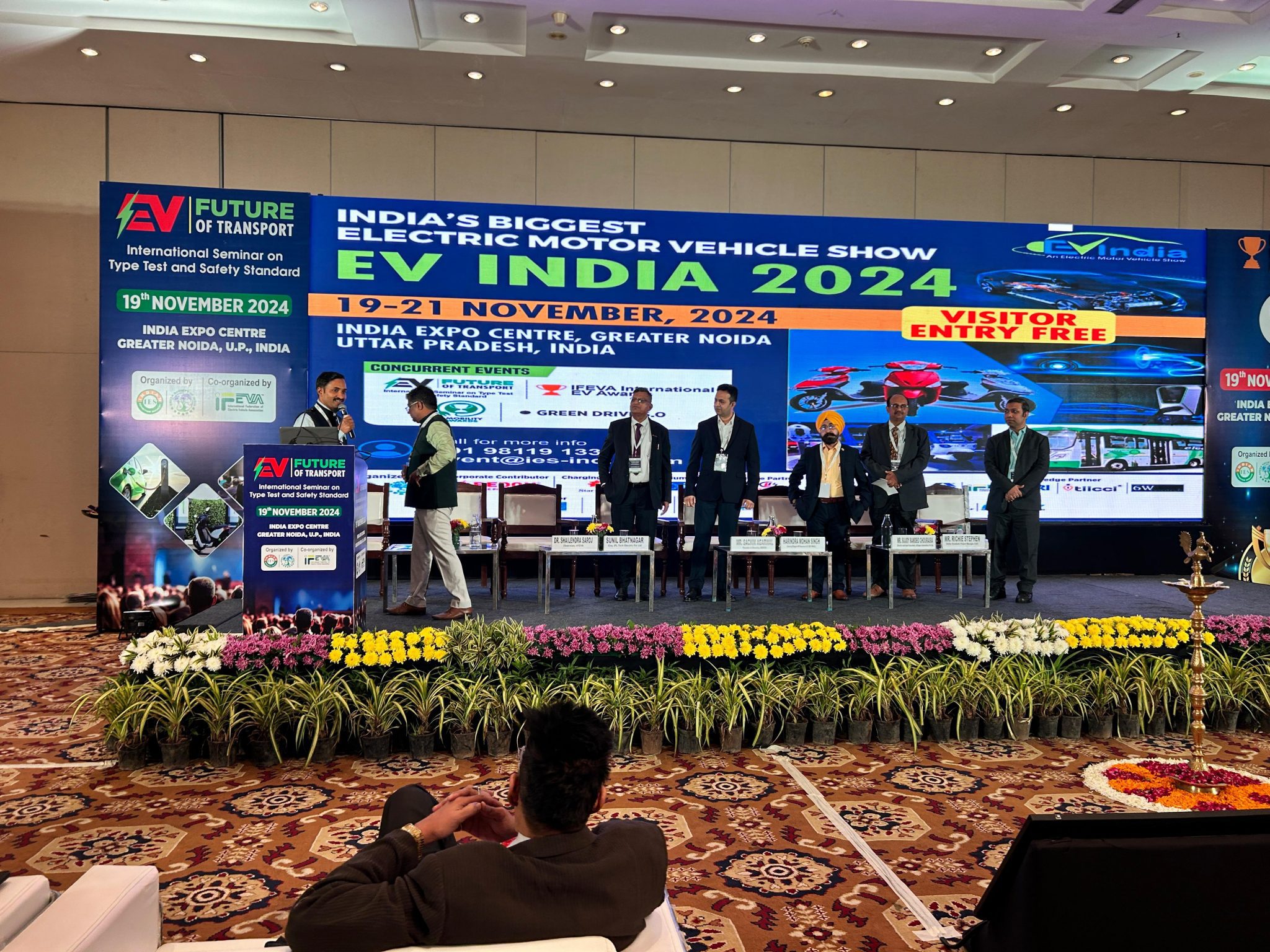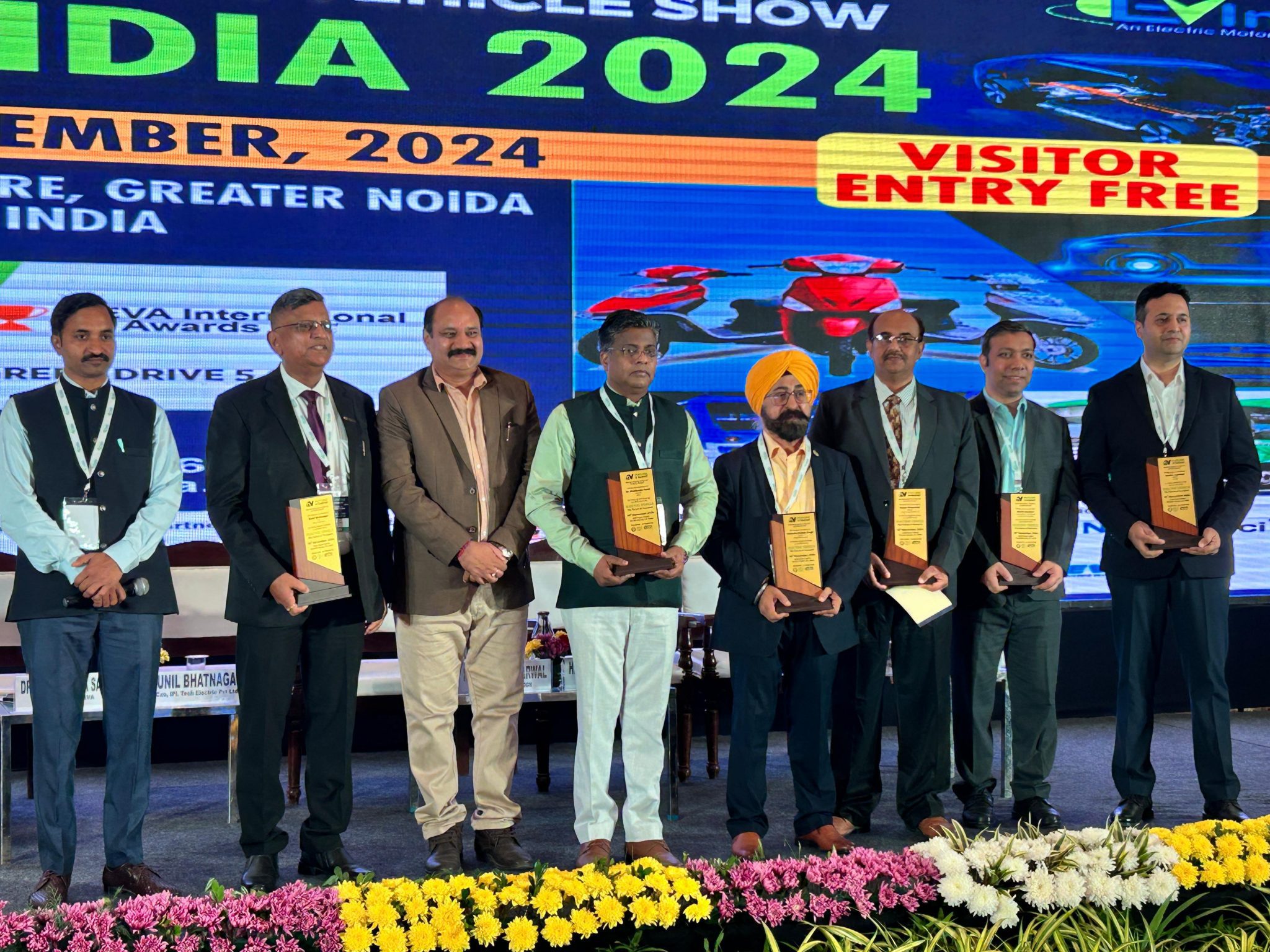
Calling All Small EV Players to Unite and Drive India's EV Ecosystem Forward
The electric vehicle (EV) sector in India is witnessing an unprecedented boom, with over 2 million EVs already on Indian roads. However, while this sounds like the beginning of a transformation, the reality for Small EV Players India is more complex. IS360 Technologies, a pioneer in advanced tech solutions, recognizes this reality and is raising the alarm, calling for a community-based approach to strengthen the EV industry and better position India in the global EV landscape. Here’s why uniting as a community could be a game-changer for India’s EV ecosystem.
The Current State of India’s EV Ecosystem
India has over 400 small EV companies, largely focused on two- and three-wheelers, which together contribute to nearly 80% of the nation’s EV sales. These players often face stiff challenges, ranging from sourcing quality components and establishing battery supply chains to overcoming a lack of standardized policies. As a result, their growth potential remains stunted. Without cohesion and community-driven initiatives, many of these small companies find themselves isolated, competing against each other instead of pooling resources to overcome these industry-wide obstacles.

Image Credits: carandbike.com
In contrast, the Chinese EV ecosystem, where community-driven platforms and alliances between smaller manufacturers are the norm, leads globally in EV adoption. China’s EV market hit a staggering 6.8 million units in 2022, partly due to the unified strategies of smaller manufacturers who collaborate and share resources. By combining efforts, Chinese manufacturers achieve significant cost efficiencies and quality improvements that are hard to replicate in India’s fragmented setup.
Why a Community-Based Approach Can Drive Change
1. Economies of Scale in Production and Sourcing
One of the biggest challenges small EV manufacturers face is the cost of batteries and other essential EV components. By uniting as a community, these players can negotiate better deals on raw materials and components, sharing procurement channels to lower costs.
Comparison: In China, alliances of small manufacturers achieve economies of scale in sourcing batteries, motors, and chips, reducing costs by an estimated 25-30% compared to isolated suppliers.

2. Shared Knowledge Base for Technological Development
A collaborative knowledge-sharing network can accelerate innovation. When smaller manufacturers combine research efforts and share technical know-how, they can enhance vehicle efficiency, safety, and customer experience at a much faster pace.
Statistics: China’s EV associations facilitate shared R&D initiatives that account for nearly 30% of tech breakthroughs among their small manufacturers. India’s fragmented R&D efforts are estimated to lag 2-3 years behind China due to a lack of such collaboration.
3. Unified Approach to Policy and Standards
Many small EV manufacturers struggle with the shifting regulatory landscape and are left on their own to interpret new policies. A united voice can more effectively influence policies for standardized safety norms, quality control, and incentives.
Comparison: In China, EV alliances actively lobby the government to create EV-friendly regulations, a factor that has enabled swift EV infrastructure growth across the country. As a result, China has over 1.5 million public charging points, while India trails with about 20,000.

Image Credits: chinadaily.com.cn
4. Enhanced After-Sales and Service Infrastructure
Small EV companies lack an extensive after-sales network, which leaves customers without reliable support. A community-driven approach could enable shared service centers and mobile repair units, increasing trust among consumers.
Statistics: Poor after-sales support has deterred up to 40% of potential Indian EV buyers, while China’s collaborative after-sales networks see post-purchase satisfaction rates of over 85%.
IS360 Technologies’ Role as a Whistleblower and Community Catalyst
IS360 Technologies, a leader in technology solutions and system integration, is stepping forward to catalyze this shift in India’s EV landscape. As a whistleblower, IS360 has identified gaps where collaborative action could make a difference and is calling on smaller players to unite under a common vision. By facilitating industry dialogue, technical support, and knowledge-sharing platforms, IS360 aims to be a catalyst for positive change.
1. Setting Up Community Platforms:
IS360 is working on creating virtual forums where small EV companies can exchange insights on industry best practices, innovative technologies, and policy updates.
2. Pooling Resources for Battery and Tech Development:
IS360 is also helping small EV players set up consortia for shared battery procurement and R&D investments, aimed at reducing manufacturing costs and improving battery efficiency and safety.
3. Advocating for Standardized Policies:
Recognizing the regulatory challenges, IS360 advocates for standardized EV policies and incentives, ensuring smaller players’ voices are heard in shaping future EV regulations.
4. Establishing Shared Service and Maintenance Networks:
To address after-sales service, IS360 is proposing a shared service network that enables local EV players to offer affordable, reliable maintenance services. This step aims to build customer trust and foster long-term adoption of EVs across the country.

The Way Forward: Together, We Can Transform India’s EV Ecosystem
The Indian EV market has immense potential but requires a coordinated effort. By uniting as a community, India’s small EV manufacturers can overcome common hurdles and collectively build a more robust, resilient EV ecosystem. Leveraging IS360 Technologies’ platforms and insights, small players can drive a more unified, community-driven EV industry that competes not just domestically, but globally.

As IS360 Technologies steps forward as a whistleblower, calling for collaboration, it’s a pivotal moment for India’s EV players. Now, more than ever, the small and medium players must come together and carve out a new model — a community-based, resilient, and competitive ecosystem that matches global standards. The journey is challenging, but with unity and a shared vision, the rewards can be transformative, both for individual manufacturers and for India’s green future.
Let’s unite, innovate, and make India a global leader in the EV revolution!
IS360 Can be Reached at
Sharing is caring!

